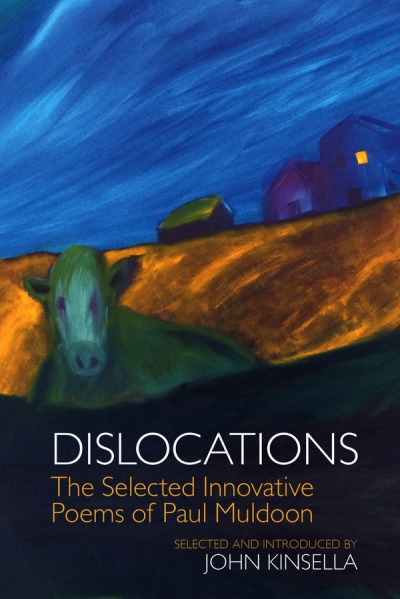Accessibility Tools
- Content scaling 100%
- Font size 100%
- Line height 100%
- Letter spacing 100%
James Jiang
The ABR Podcast
Released every Thursday, the ABR podcast features our finest reviews, poetry, fiction, interviews, and commentary.
Subscribe via iTunes, Stitcher, Google, or Spotify, or search for ‘The ABR Podcast’ on your favourite podcast app.
‘Where is Nancy?’ Paradoxes in the pursuit of freedom
by Marilyn Lake
This week on The ABR Podcast, Marilyn Lake reviews The Art of Power: My story as America’s first woman Speaker of the House by Nancy Pelosi. The Art of Power, explains Lake, tells how Pelosi, ‘a mother of five and a housewife from California’, became the first woman Speaker of the United States House of Representatives. Marilyn Lake is a Professorial Fellow at the University of Melbourne. Listen to Marilyn Lake’s ‘Where is Nancy?’ Paradoxes in the pursuit of freedom’, published in the November issue of ABR.
Recent episodes:
Because my background is academic (and in English studies), certain disciplinary conventions still find their way into my review writing. In fact, it’s hard for me to think of my reviewing as reviewing rather than as criticism in that more university-bound sense: that is, as having something to do with the art of interpretation. It may help that most of the books I review – works of contemporary poetry and literary criticism – are considered ‘hard’ or at least esoteric, and thus in need of a little explaining. The persona I hear most recognisably in my journalistic prose is that of my former lecturer-self (a good lecture, like a good review, strikes the right balance between granular analysis and makeshift generalisation). I suppose I still think of the primary goal of my reviewing as teaching something about how to read.
... (read more)A Thousand Crimson Blooms by Eileen Chong & Turbulence by Thuy On
Dislocations: The selected innovative poems of Paul Muldoon edited by John Kinsella
Mount Parnassus remains a proscribed destination for the moment, but Aidan Coleman’s Mount Sumptuous (Wakefield Press, $22.95 pb, 56 pp) provides an attractive local alternative. Following on from the poems of love and recovery in Asymmetry (2012), this collection marks the poet’s reawakened appetite for the sublimities and subterfuges of suburban Australia, from cricket pitches ‘lit like billiard tables’ and Blue Light Discos to the flammable wares of Best & Less and the implacable red brick of ‘all-meat / towns’. As these poems and their pseudo-pedagogical endnotes show, Coleman is a keen philologist of the language of commerce. The title’s ‘sumptuous’ (from the Latin sumptus for ‘expense’) keys us in to the vital ambivalence of a poetry, which on the one hand honours the rituals of everyday consumption (‘lounging / book in hand, Tim Tams / … tea a given’), and on the other speaks to the exploitative logic of consumer capitalism (‘Take the juiceless fruits / of day labour and a white / goods salesman’s leaden chicanery’).
... (read more)







